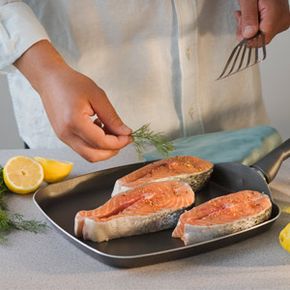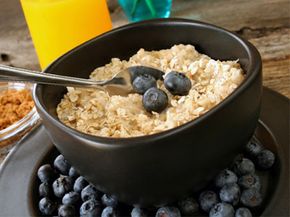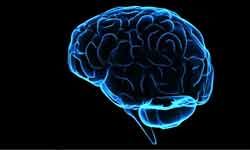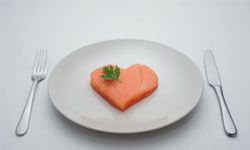If you're a regular visitor to HowStuffWorks.com, you might enjoy a little behind-the-scenes gossip about how these articles get to your computer screen. Each day, a dedicated team of writers and editors combs through the finest research materials, learning all we can about our given topics so that we can provide you with the best information on the Web. But before we hit the books, we all head straight for the HowStuffWorks cafeteria. There, we load up at a complimentary buffet of salmon and fresh fruit. We walk through showers of blueberries while our personalized chef whips up omelets with antioxidant-rich ingredients. The finest oatmeal available sits in vats by the door, so we can stock up before we start our day of research and writing. The amazing HowStuffWorks cafeteria gives us the brain food we need to do our very best work.
Doesn't that sound wonderful? Too bad it doesn't exist (though if any higher-ups in the company are looking for a way to improve our workplace, a cafeteria would be a great addition). But while the HowStuffWorks cafeteria is imaginary, the cognitive effects of the foods described above are not. There are indeed foods that can make your brain run better, possibly resulting in increased intelligence, and in this article, we'll take a look at a few of them.
Advertisement
Everything that you eat affects your brain's performance. When you consume food, it's broken down into energy that's distributed throughout the body, and the brain receives a large portion of it. Despite just clocking in at 2 percent of a human's body weight, the brain requires about 20 percent of energy taken in to keep running [source: Aaronson].
That energy gets to the brain via blood vessel transport, which means that diets that are good for the heart are also good for the brain. A diet that keeps the heart pumping and the arteries clear, combined with exercise, will enable that vital life force to reach the brain. Maintaining a flow of nutrients to the brain will also stave off brain disorders such as depression and dementia. That means you can multitask when it come to mealtimes; diets low in cholesterol and high in fiber benefit many parts of the body.
But when the energy reaches the brain, what kind of foods can really kick-start our smarts and improve our intelligence? The answer may surprise you.
Advertisement




